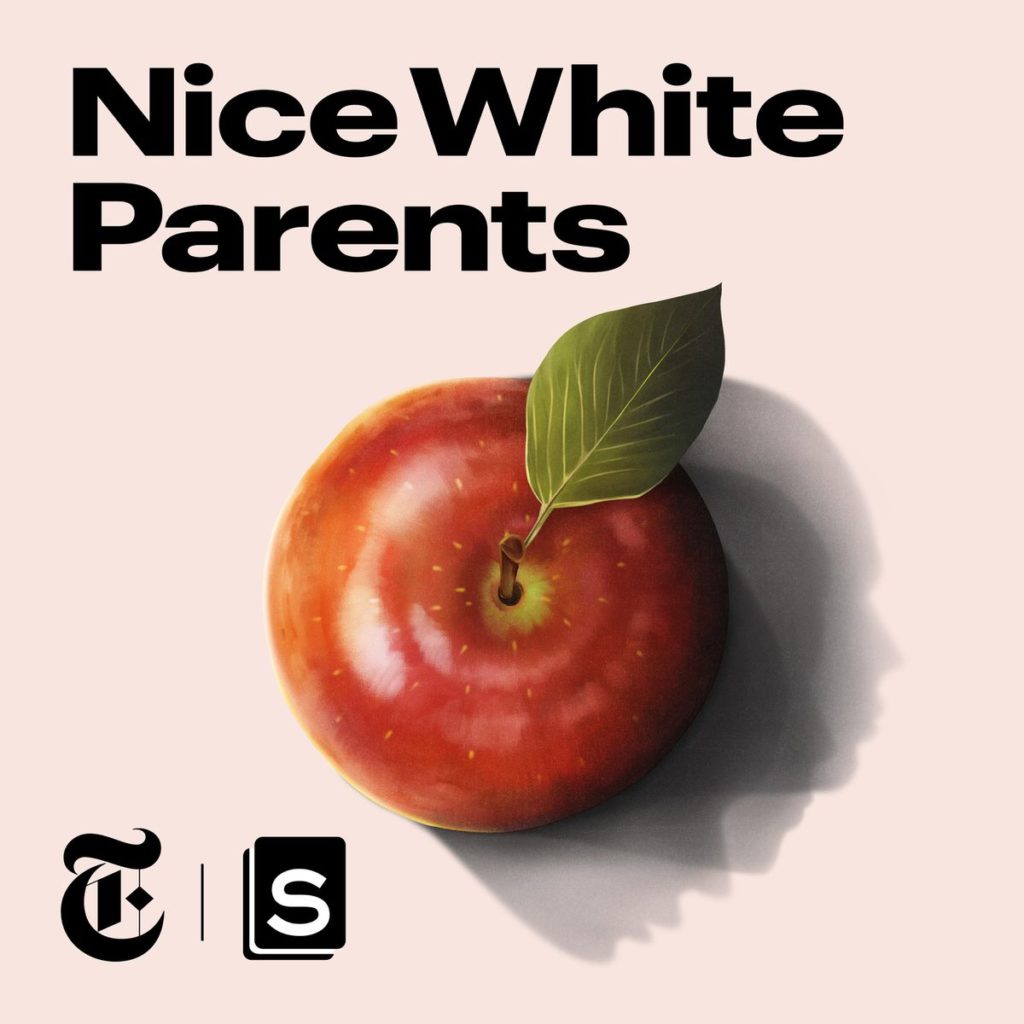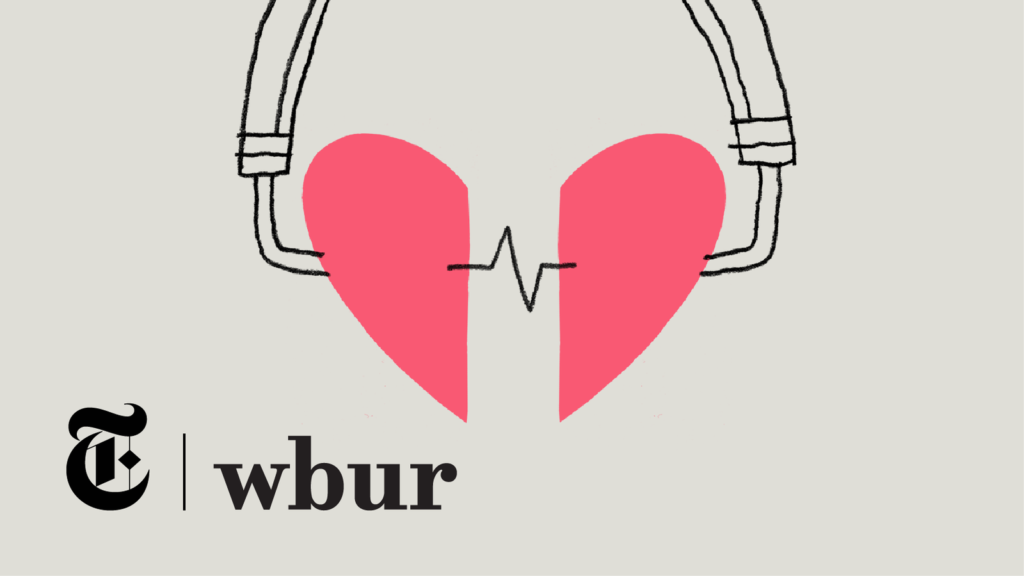Nice White Parents
Sarah Mott, Project and Communications Officer

Nice White Parents is the latest offering from the producers who brought you Serial. It’s not as long or as complex as the is-he-or isn’t-he-guilty rollercoaster that gripped us over Adnan Syed in 2014, but it is just as engaging and thought-provoking. While investigating the failing American public school system, host Chana Joffe-Walt suggests that nice, white parents – especially the liberal, well-meaning ones – are the main force holding back fairer distribution on resources and school integration.
In this five-part series Joffe-Walt, a white parent within the New York system herself, uses a series of schools to investigate the goal of public education, what it means for schools to be truly integrated, and who benefits from integration.
Putting white liberalism under the microscope is nothing new, and you’d need to be living under a rock not to sense that that public systems, however they are set up, uphold white supremacist and patriarchal values. It’s Joffe-Walt’s intense documentation, her spelling this out over and over again as she moves through each public school case, revealing unequivocally that inequality is preserved by those who benefit from it the most, even when they think they are acting in the name of progress, that makes this so engaging.
While the American public systems differ greatly from ours, the power of well-meaning liberals strikes a universal chord. As does inequality in public systems and performative allyship. The fact that the work of investigating, plucking it apart and spelling it out is done – not by the minority groups who normally have to undertake the labour of enlightening white liberals of their power – but by a well-meaning, nice white parent who acknowledges her own personal role in this issue, is also satisfying.
PS: if you’re a nice white liberal like me, you should consider engaging with the following:
Modern Love
Claire Thompson, Program Officer

Sometimes when I can’t sleep I like to put on the podcast, Modern Love, from WBUR and The New York Times. The series features stand-alone episodes where famous actors read essays written for the Modern Love column in the The New York Times. These essays, as you probably guessed, deal with love, in all its different forms. The other night I listened to the episode, Why Can’t Men Say ‘I Love You’ To Each Other?, an essay by Ricardo Jaramillo, read by actor Ncuti Gatwa (Sex Education). The essay details a friendship between Ricardo and Kichi, where Ricardo has said ‘I love you’ on multiple occasions, but has never heard it back from Kichi. Ricardo says, ‘I don’t need him to say those exact words to me. I wonder, though, about what keeps him from saying them. What keeps nearly all young men from being able to tell their male friends that they love them?’ Ricardo remembers when he was a boy and he held hands with Pedro, his best friend at the time, ‘On one of our walks, Pedro and I were interrupted by another boy, Pedro’s neighbour, who chopped his hand between ours, startling us. ‘You two hold hands?’ He said. ‘That’s gay.’ Ricardo explores the toxic masculinity and homophobia which discourages men from showing affection to one another, ‘Pedro and I learned what men in America have learned repeatedly: that tenderness must be tamed in accordance with a set of codes we must become fluent in, as if our survival depends on it.’ Ricardo’s words are insightful, vulnerable and sensitive, as he recounts how he and Kichi met in college, becoming good friends through their shared experiences and common interests. The essay finishes with Ricardo remaining hopeful that one day Kichi will say ‘I love you’ back, ‘It’s not that I need to hear those words. I’m just ready to be free from all the forces, voices and gestures that keep us from saying them. Still, I can’t help but wish that one day Kichi will forgo all the masculine clatter, look me in the eyes and simply say, ‘I love you, too.’
You can listen to this episode on Spotify or Apple Podcasts.
Hamilton
Julia Tsalis, Program Manager

I have to admit that one day I listened to the Hamilton soundtrack four times in a row on repeat. That’s two hours and 22 minutes each time. So I essentially listened to it all day. And I listened to it through the speakers. Until recently I’d only been able to listen to it through headphones because the rest of my family thought I was crazy for liking a musical. I have been trying to explain to them that it’s different and why its special, but they wouldn’t believe me. It’s hard to explain that a musical about an American founding father is amazing. And even when I would say ‘but its not like you would expect, its got hip hop!’ and ‘It’s a really important production with colour-blind casting.’ That just made things worse. I understood where they were coming from because when my sister first told me about it, it took me ages to even listen to a single track. In general I don’t like musicals. I find the storylines a bit dumb, the music saccharine, and the characters generally irritating. So when the rest of my family reacted like they did, I could relate to it. Even so, after over a year of trying to get them to even consider listening to it I was a bit disappointed that they wouldn’t give me the benefit of the doubt.
It wasn’t until the filmed version of Hamilton was going to being released on Disney and colleagues at my husband’s work were talking about it that he became interested. I was delighted because I’d been wondering how I was going to broach the subject of getting a subscription to Disney Plus just so I could watch it. He wasn’t just interested; he was keen to watch it! I was so grateful that I put aside my irritation that he would believe his colleagues’ recommendation over mine (we had a similar thing with avocadoes). We watched it together, despite a fair bit of cajoling and mild manipulation we were unable to get the kids to engage (that’s the downside of having young adult kids – not very open to manipulation anymore). He loved it! I LOVED it! Watching it was even better than just listening to the soundtrack. It was such an incredible, surprising theatrical experience. One of the things that I’ve always found annoying about musicals (and opera) is that so much effort goes into over the top costumes and elaborate staging, which I think is because the plot is usually so weak. The Hamilton stage is sparse and the costumes relatively plain because they’re not having to cover up a weak story. The choreography is so effective, the music is brilliant, and the performances are breathtaking.
Many people written about the wonders of this production and soundtrack – NY Times, the Guardian, SMH. They will do a better job of explaining why it’s special. Mainly, I would suggest just listening to or watching it. It is worth listening to the Strong Songs podcast episode on Hamilton. Kirk Hamilton breaks down the elements and draws your attention to details with such enthusiasm, it will add to your appreciation of an amazing creation.
*
More from Writing NSW
Check out our full range of in-person writing courses in Sydney, our online writing courses and our feedback programs to see how we can help you on your writing journey. Find out about our grants and prizes, as well as writing groups across NSW, and sign up to our weekly newsletter for writing events, opportunities and giveaways.
